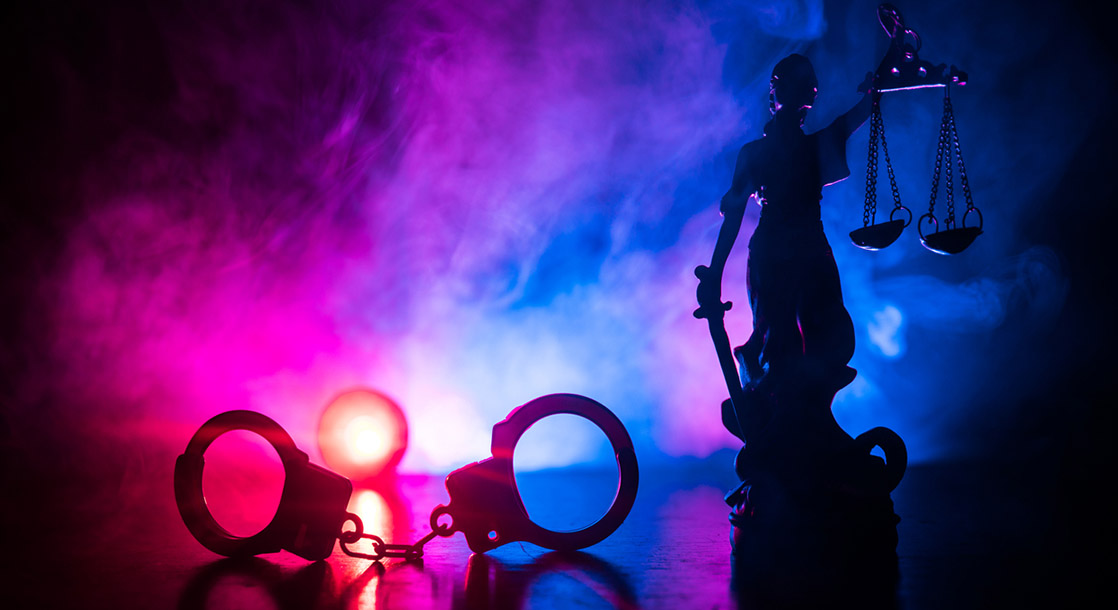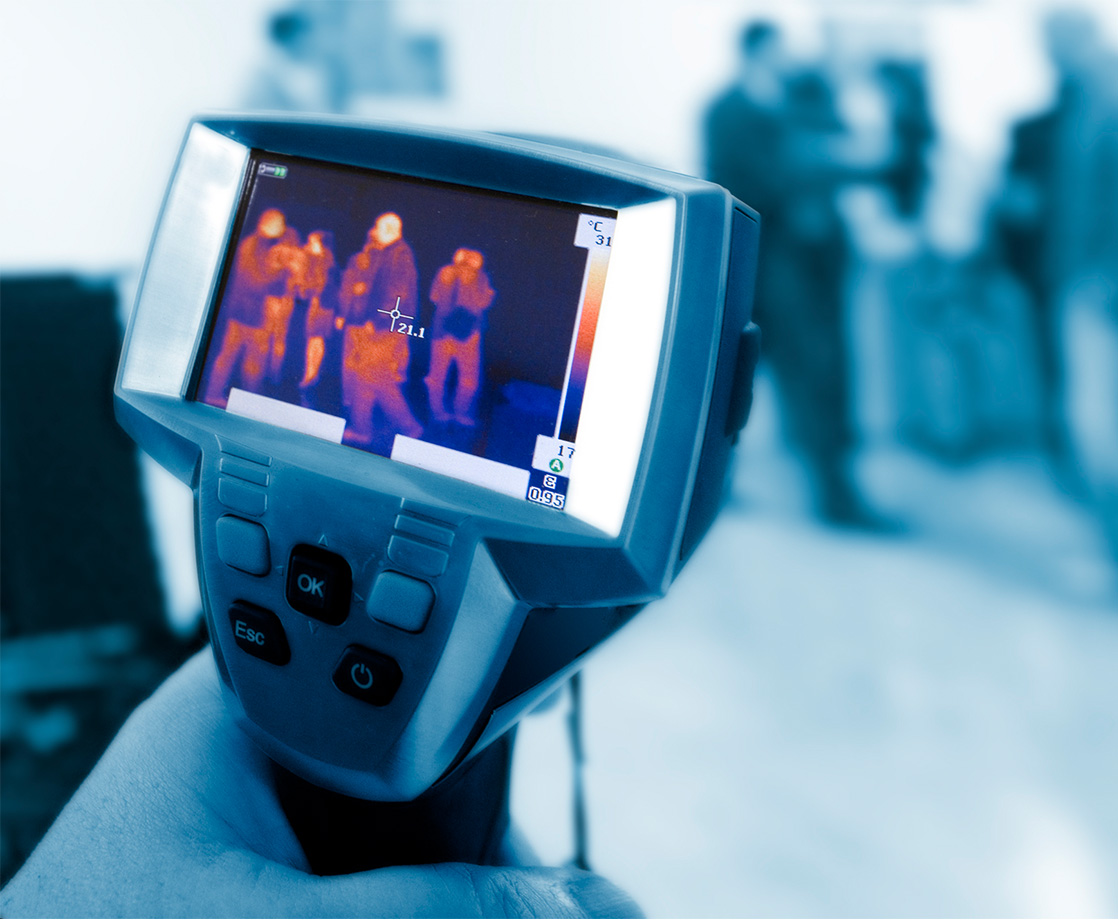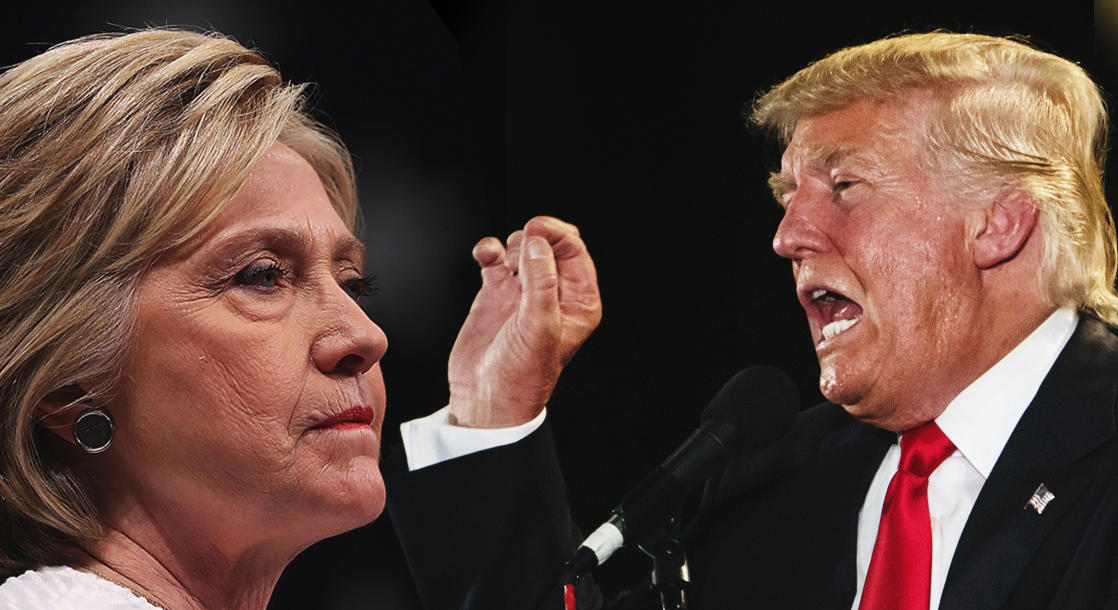Cover image via
Racially-biased arrests are decreasing in states that have legalized or decriminalized cannabis, but are increasing in prohibition states, according to a new study published in the Journal of the American Medical Association (JAMA) Health Forum last week.
The disproportionate enforcement of cannabis prohibition laws against communities of color is a well-established hallmark of the racist War on Drugs. A recent study by the American Civil Liberties Union (ACLU) reported that Black Americans are 3.73 times more likely than white people to be arrested for cannabis possession, even though equal percentages of Black and white people love weed.
Cannabis advocates have long argued that legalization and decriminalization laws can reduce these disproportionate arrest rates, but so far, few studies have explored whether these policies have been effective. To shed some new light on the issue, three researchers from Eastern Virginia Medical School and Saint Louis University in Missouri conducted a new study to “examine racial differences in cannabis arrest rates among adults and youths after statewide decriminalization, legalization, or no policy change.”
“Most cannabis possession arrests occur among adolescents and young adults, disproportionately affecting Black boys and young men,” the researchers wrote. “While the American Academy of Pediatrics maintains that youths should refrain from cannabis use, they also endorse its decriminalization given the severe consequences of punishment; including jail time, monetary fines, and the long-term stigma of drug conviction, much of which is considered more harmful than the use of the drug.”
The researchers used data from the FBI’s Uniform Crime Reporting (UCR) Program to examine arrest rates in 43 states between 2008 and 2019. During this time frame, nine of these states legalized adult-use weed, eight implemented decriminalization policies, and the other 26 continued prohibiting cannabis.
An analysis of the data revealed that the states which implemented cannabis reform policies saw “large reductions in race-based arrests among adults.” In the nine states that legalized weed during the study period, arrest rates dropped by 561 per 100,000 Black people, and 195 per 100,000 white people. And in the states that decriminalized, arrest rates dropped by 449 per 100,000 Black people, and 117 per 100,000 for whites. But in states that continue to prohibit weed, the racial disparity of cannabis arrests is increasing.
“Overall, results revealed that states that implemented a cannabis policy change saw large decreases in arrests compared with states that had no policy reform,” the study authors explained. “Most notably, states that did not implement any policy change showed no meaningful change in arrests for White individuals and an increase for Black individuals, thereby increasing the arrest rate disparity over time.”
The study authors also note that cannabis reform measures have not increased crime rates or teen pot use. “Despite some concerns that decriminalization might increase adolescent use, research generally does not confirm these fears,” the researchers wrote. “For example, while decriminalization was associated with large reductions in arrest rates for adults and youths, it was not associated with an increase in use or other rule-violating behavior among adolescents.”
And according to another recent report, the present study may actually underestimate the impact of legalization due to its reliance on federal data. Researchers have determined that the FBI UCR database may not accurately reflect the true impact of cannabis reform laws on crime, as it only includes data from police departments that voluntarily report crime information to the feds.
State-level crime data also shows that some states’ adult-use laws are more effective at reducing racially-biased arrests than others. In New York City, for example, the racial disparity of weed-related arrests skyrocketed between 2014 and 2021, even though the city and state both passed cannabis decriminalization measures. But once New York made it legal for adults to possess weed and smoke up in public, the New York Police Department almost entirely stopped arresting anyone for pot.
In contrast, Chicago cops still arrested 3,000 people for weed last year, even though cannabis is legal in Illinois, and again, people of color accounted for most of these arrests. And in Colorado, Black people are still 1.5 times more likely to get arrested for pot than white people, even though adult-use cannabis has been legal since 2012.











